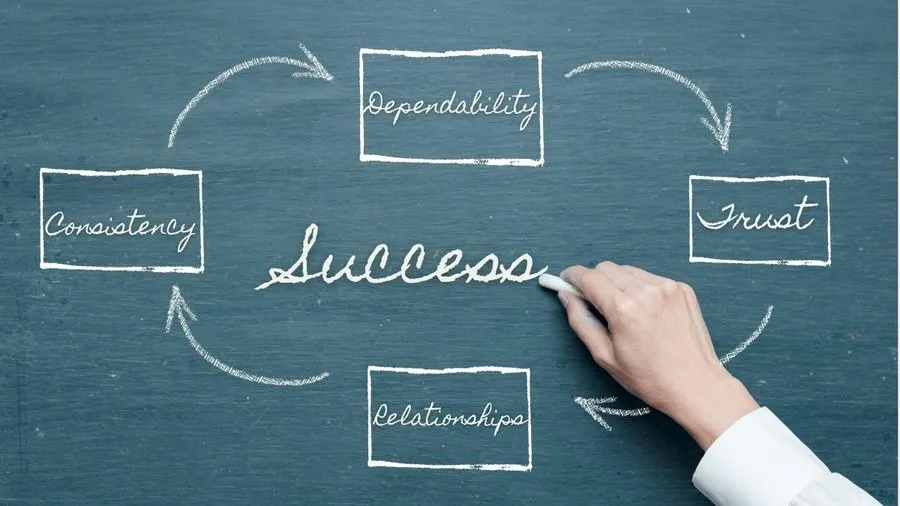Introduction
Selling is a transaction where a good or service is exchanged for money. It also refers to the process of persuading an individual or organization to purchase something. If you\'re selling a product or service, it’s essential to focus your efforts on effectively communicating the benefits to the buyer.
What is Selling?
At its core, selling involves transferring something of value in exchange for money or another item of value. However, getting someone to part with their money often requires persuasion. Not all sales transactions are the same. There is a significant difference between buying gas for your car and purchasing a car. In the case of buying gas, the decision is often urgent and requires no persuasion. Conversely, buying a car is a larger investment and typically necessitates the assistance of a salesperson.
How Selling Works
When selling a product or service, it’s crucial to communicate the benefits to the buyer. People buy solutions or items they believe will enhance their lives or fulfill a specific need. For instance, if you’re selling long-term care insurance, the potential buyer must understand the high costs associated with long-term care and the benefits of not having to worry about those expenses. The buyer needs to grasp how your product or service will meet their needs or improve their quality of life.
Requirements for Selling
Selling is vital for business success, yet many find it daunting. Fortunately, sales skills can be learned and executed without being pushy or obnoxious. Here are key traits and skills needed to be a successful salesperson:
- Relationship Building: Successful salespeople focus on developing long-term relationships with customers, leveraging current sales for future business or referrals.
- Active Listening: Many salespeople talk too much without understanding what the customer wants. It’s essential to listen to customers, as they buy solutions that address their needs.
- Tenacity: A good salesperson understands that it may take multiple attempts to close a sale. They maintain a follow-up system to stay in touch with prospects, as a simple reminder can lead to closing the deal.
- Self-Motivation: Successful salespeople exhibit a high level of initiative, constantly seeking new opportunities while viewing setbacks as learning experiences. They hold themselves accountable for their performance.
- Self-Promotion: This includes developing and utilizing an email list, creating a website, and engaging with social media.
- Community Investment: Giving back to your community through donations, sponsorships, and volunteer activities not only benefits society but also enhances your business reputation. Investing in your community increases the likelihood that customers will return the favor when they need your products or services.
Conclusion
The house selling process can be complex, but with careful planning and the right approach, it can lead to a smooth and successful experience. From preparing your home for sale and determining the right price to negotiating offers and finalizing the deal, each step is crucial in securing the best possible outcome. Whether you choose to work with a real estate agent or handle the process independently, staying organized, responsive, and well-informed will empower you to navigate the journey with confidence. By understanding the key stages of selling your home, you can ensure a timely sale and transition to your next chapter with ease.




